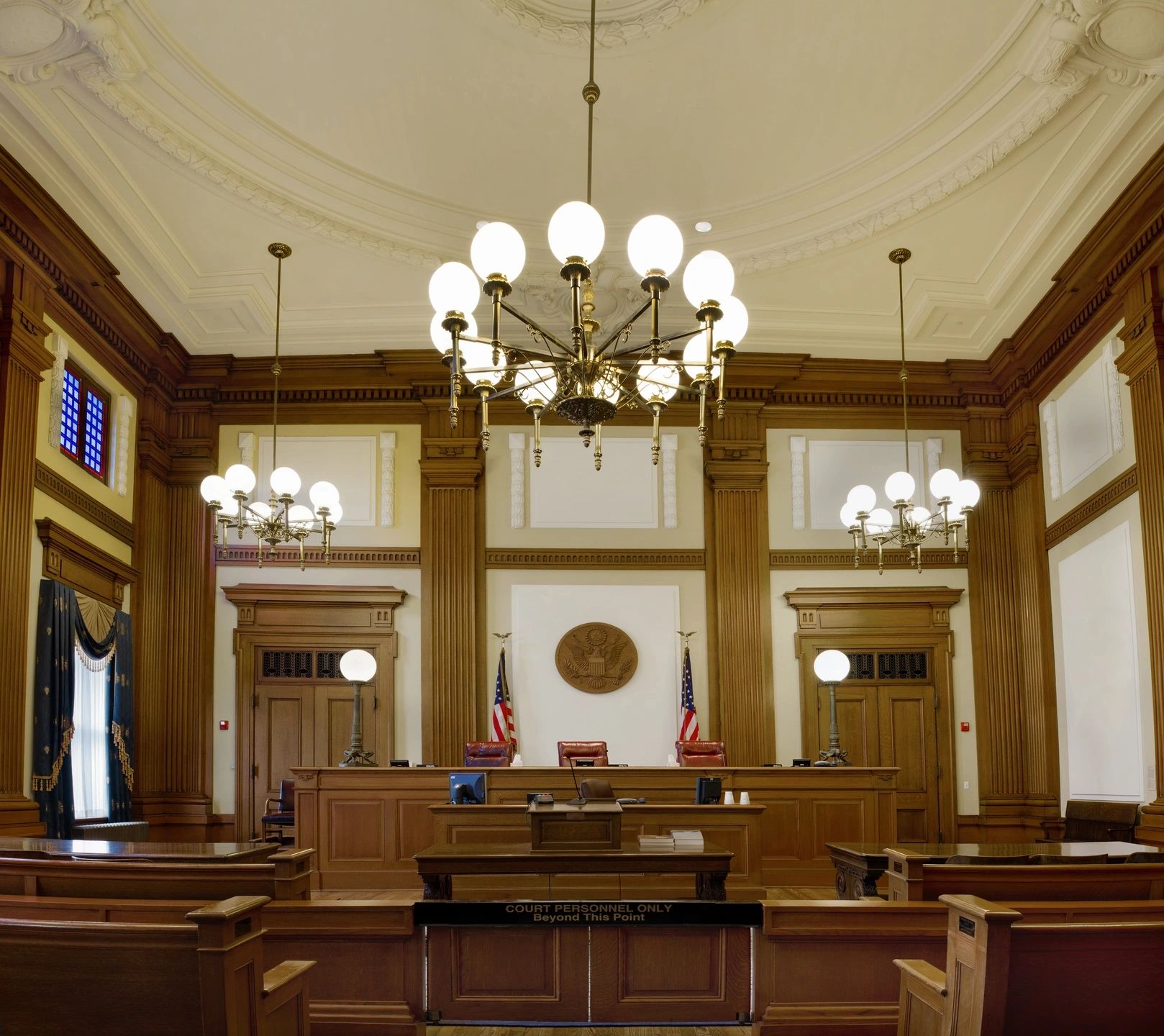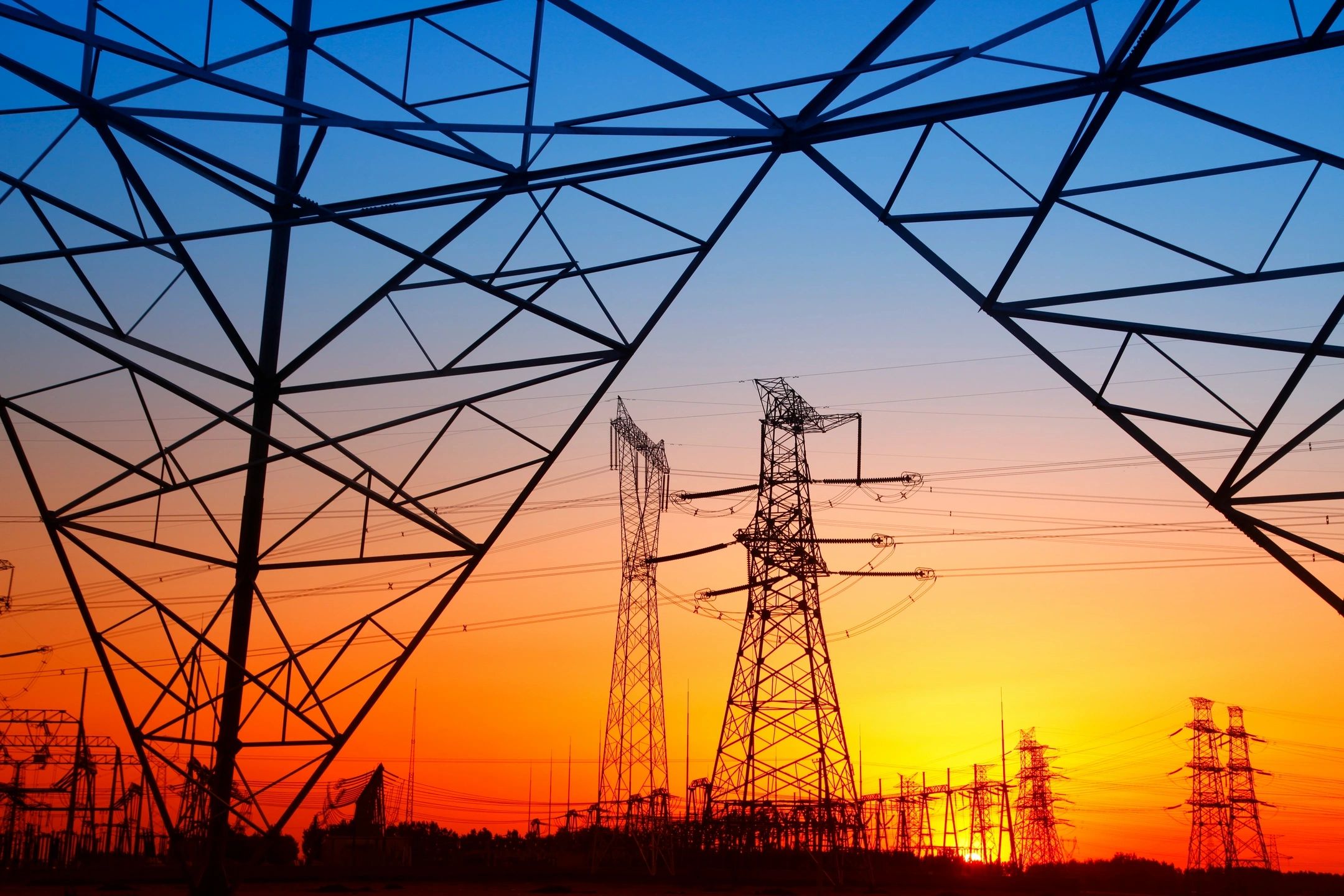Canada is increasingly taking both official and unofficial measures to limit the number of people entering the country, underscoring the growing role of immigration as a contentious political issue ahead of the federal election.
Recent figures obtained by Reuters reveal that the rate of visitor visa refusals has been higher in recent months than at any time since the height of the pandemic. In January, February, May, and June 2024, immigration officials rejected more applications than they approved.
Additionally, approvals for study and work permits have declined, and in July, nearly 6,000 foreign travelers, including students, workers, and tourists, were denied entry—the highest number since at least January 2019. Reuters reports that these changes appear to be informal rather than the result of an official policy shift.
Recent polls indicate a significant shift in Canadian attitudes toward immigration, driven by a rising cost of living crisis. A Nova Scotia immigration lawyer noted an increase in rejections and growing hostility toward clients. “People now openly express sentiments about barring or expelling immigrants that they wouldn’t have voiced a few years ago, even knowing our work in immigration law,” the lawyer said.
Last week, Immigration Minister Marc Miller announced that his ministry would reassess the number of permanent residency applications. “It’s time to evaluate and present real options to the prime minister and other cabinet ministers, not just superficial changes to address public opinion. We need substantial change,” Miller told CTV News.
In the same week, Prime Minister Justin Trudeau announced plans to scale back the controversial temporary foreign worker program following a surge in applications. The program has recently faced criticism from a UN special rapporteur, who called it a “breeding ground for contemporary forms of slavery.”
In 2023, employers were authorized to hire 239,646 temporary foreign workers, more than double the 108,988 hired in 2018, according to Employment and Social Development Canada. The program has increasingly been used to fill positions in sectors like fast food and construction. For instance, the number of low-wage workers hired in healthcare has risen by more than 15,000% since 2018.
Trudeau stated that employers in sectors with unemployment rates of 6% or higher would be restricted from hiring low-wage temporary foreign workers, with exceptions for “food security sectors” like agriculture, food, and fish processing. His government has also approved exceptions for the construction and healthcare sectors.
The prime minister also hinted at reducing the number of permanent residents Canada accepts annually, potentially reversing years of increasing immigration levels under his leadership.
With a federal election looming, political leaders are clashing over immigration. The Conservatives, leading in the polls, accuse Trudeau’s government of admitting too many people too quickly.
While Trudeau and Miller defend high immigration levels as essential to Canada’s economic growth, they acknowledge that the volume of immigrants, coupled with inadequate federal and provincial investment in infrastructure, has contributed to a growing crisis.
In late 2023, the federal government announced it would freeze permanent resident targets for the next three years to ensure sustainable inflows. The target is to bring in 485,000 permanent residents in 2024 and 500,000 in both 2025 and 2026, representing a more than 50% increase from the 296,000 permanent residents admitted in 2016.
Conservative leader Pierre Poilievre, whose party holds a significant lead in the polls, recently criticized the “radical and out-of-control” Liberal government, claiming it has “destroyed our immigration system.” He argued that Trudeau is growing the population much faster than housing can be built and promised that, if elected, his party would tie population growth to a rate below the number of houses constructed.



